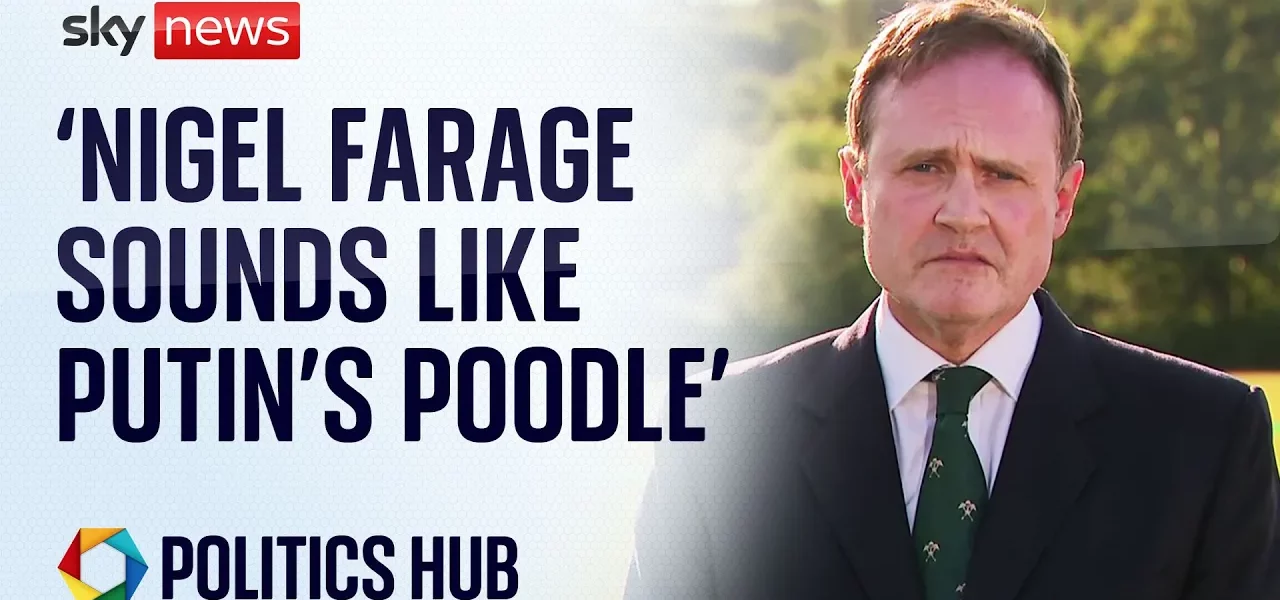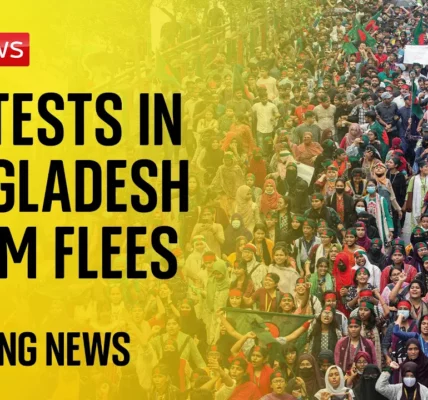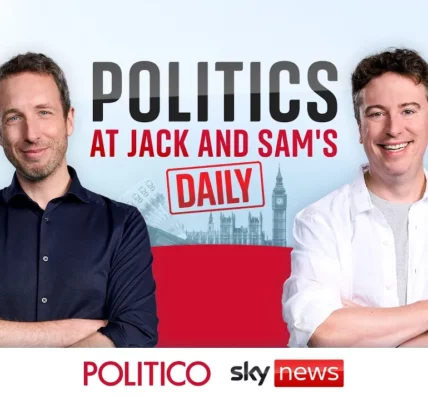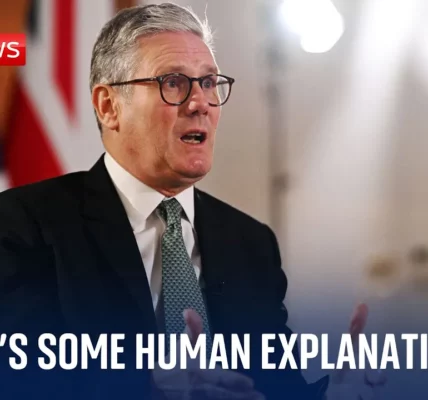Nigel Farage and the Debate on Free Speech: An Analysis

This article delves into Nigel Farage’s recent comments about free speech, examining the implications of his rhetoric within the context of UK politics and its relationship with Russia. We will explore the reactions from various political figures and the broader significance of these discussions in today’s political climate.
Introduction
Nigel Farage, a prominent figure in UK politics known for his controversial remarks and strong opinions, has recently asserted his entitlement to free speech. This claim has sparked significant debate, especially as it draws parallels to historical figures like Winston Churchill and Neville Chamberlain. In this article, we will dissect Farage’s statements, evaluate the reactions from fellow politicians, and consider the historical context of his rhetoric—particularly in relation to the ongoing geopolitical tensions with Russia and the implications for British politics.
The Claim to Free Speech
Farage’s assertion of his right to free speech raises questions about the nature of political discourse in the UK. While he is indeed entitled to express his views, the content and context of his statements warrant scrutiny.
Historical Context of Free Speech
Free speech is a cornerstone of democratic societies. However, the balance between free expression and responsible communication is often a contentious issue. Farage’s rhetoric, which some critics argue aligns with Kremlin propaganda, raises concerns about the responsibility that comes with such freedom.
Political Reactions to Farage’s Statements
The political landscape in the UK is deeply divided, and Farage’s recent comments have not gone unnoticed. Key figures from the Conservative Party and other political factions have voiced their opinions.
Criticism from Conservative Members
Some members of the Conservative Party have distanced themselves from Farage, labeling him a “useful idiot” and claiming that his alignment with Russian interests undermines the party’s values. This criticism highlights:
- The need for a unified stance against foreign interference.
- The importance of maintaining a clear ideological boundary within the party.
- The potential consequences of allowing individuals with controversial views to represent the party.
Support from Other Political Figures
Interestingly, there are voices within the political sphere that advocate for Farage’s inclusion in the Conservative Party. This support raises questions about the party’s current direction and its willingness to embrace diverse perspectives, even those that may be seen as controversial.
Farage’s Connection with the Kremlin
Farage’s comments have led to implications that he may be inadvertently echoing Kremlin propaganda. This connection poses serious questions about national security and political loyalty.
Historical Precedents of Political Loyalty
During the Cold War, individuals who aligned themselves with opposing ideologies were often labeled as traitors. The term “useful idiots” was coined to describe those who, perhaps unknowingly, supported the enemy’s narrative. This historical lens offers a critical perspective on Farage’s current stance.
The Modern Security Threat
With the rise of cyber threats and disinformation campaigns, the analogy to historical precedents becomes even more relevant. Recent cyber attacks on UK businesses and healthcare systems underscore the urgency of addressing foreign influence in British politics.
The Rise of the Reform Party
As political dynamics shift, the emergence of the Reform Party has captured public attention. Farage’s involvement with this party raises additional questions about voter sentiment and political alignment.
Voter Shift and Political Strategy
Many voters are gravitating toward the Reform Party, perceiving it as a viable alternative to the traditional Conservative approach. This shift can be attributed to several factors:
- A growing dissatisfaction with current government policies.
- Desire for a more hardline stance on immigration and national security.
- Frustration with perceived ineffectiveness within the Conservative Party.
Implications for the Conservative Party
As the Reform Party gains traction, the Conservative Party must address the root causes of this voter shift. This includes reevaluating its policies and ensuring that it effectively communicates its stance on key issues.
Conclusion
In conclusion, Nigel Farage’s comments on free speech have ignited a broader discussion about political responsibility, national security, and the ideological direction of the Conservative Party. The interplay between free expression and the potential for propaganda underscores the complexities of modern political discourse. As the political landscape continues to evolve, it is crucial for parties to remain vigilant against foreign influence and to foster a political environment that prioritizes the interests of the British people. As citizens, it is our responsibility to engage in these discussions and make informed decisions at the ballot box. We encourage you to explore further articles on UK politics and the implications of foreign influence.
“`




